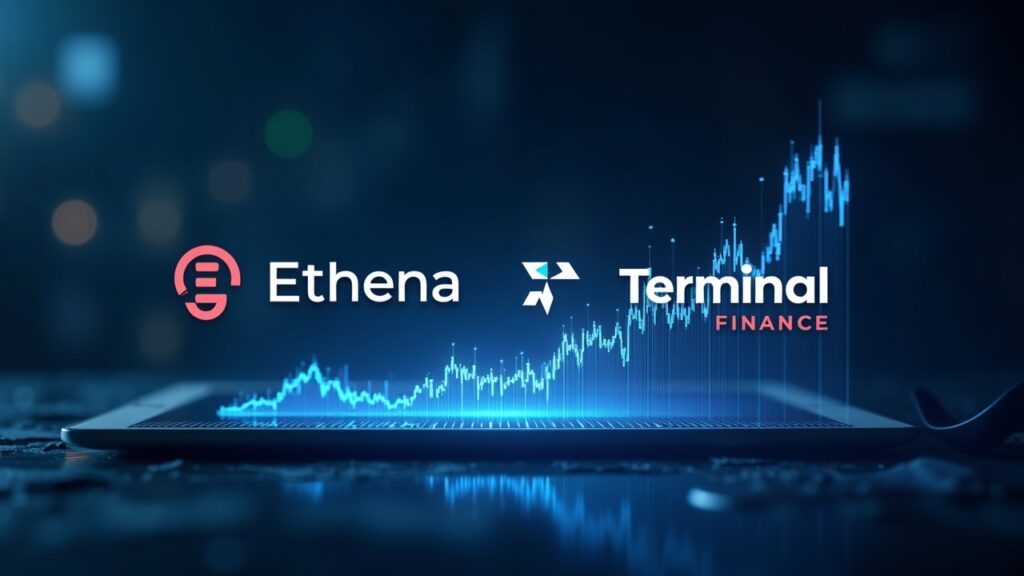Terminal Finance, supported by Ethena, now holds $280 million that users sent in before trading starts. This ready pool means the order book will begin deep and active, lowering spreads and price impact for traders, market makers, and large investors. If many users pull out at once, depth can vanish quickly, raising the risk of sharp moves.
The company says the $280 million arrived during the pre-launch window. Once markets open, that stock of funds will let spreads stay narrow and allow big trades to clear, but it also means that simultaneous withdrawals could quickly drain depth.
Market makers face fewer obstacles at the start thanks to a thick book, while treasury teams and shared liquidity pools know the size of the stash they must oversee. Ethena’s name on the project signals backing to institutions worried about counterparty safety and governance, making them feel safer to join.
Pre-launch deposits and market dynamics at opening
With so much money parked before day one, how deposits move after the switch on will decide early price swings and slippage. Plain meaning: pre-launch deposits are funds locked in before trading starts—they supply the first liquidity and often sit under unlock rules.
The announcement outlines how the $280 million could shape behavior for those who will trade or support the venue. A deep stack from minute one cuts the cost of entry and lets large orders run without pushing price, which helps both arbitrage traders and market makers.
If a handful of wallets own most of the money, a rush to withdraw at once can hollow out the book and spark volatility. The headline number shows strong early interest and can pull in more users; if follow up flows lag, the gap can breed disappointment.
The next event is the official market open and the release rules for the $280 million. How much of that sum stays, how it spreads across wallets, and how fast fresh orders arrive will set the true liquid depth and force market makers and hedgers to recalibrate risk or position limits.


